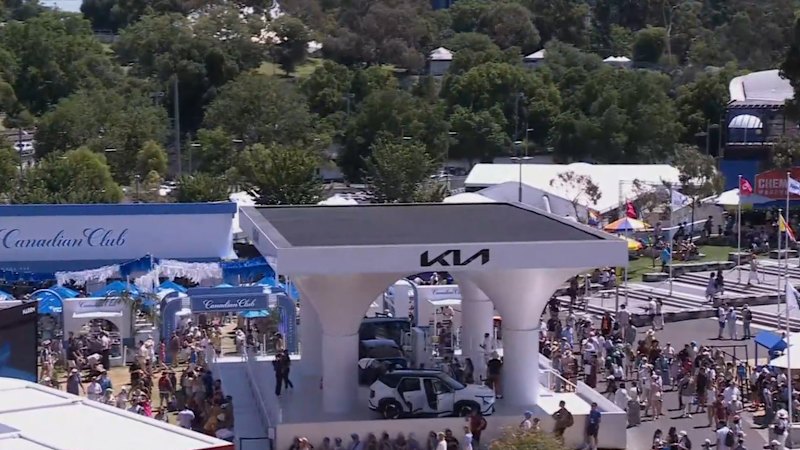
UPDATE: On October 10, 2023, eSafety Commissioner Julie Inman Grant faced intense questioning during a Senate Estimates session, igniting a firestorm of controversy over her office’s growing influence and connections to the Global Alliance for Responsible Media (GARM). This urgent development raises critical questions about potential election interference and the power dynamics of online censorship.
Inman Grant’s office, originally aimed at curbing online bullying among teenagers, now commands a staggering annual budget of $58.1 million and is set to expand its workforce to 164 full-time staff by December, a notable 30% increase from last year. This rapid expansion has provoked skepticism regarding the office’s motivations and methods, especially as it has distributed over $10 million in grants to various organizations, including charities and activist groups.
Senator Roberts grilled Inman Grant about a recent report from the US House Judiciary Committee, which claimed GARM was acting as a cartel to manipulate advertising revenue against conservative media. “You are named 23 times in this report,” Roberts stated, implying collusion to affect the 2024 presidential election. Inman Grant promptly refuted these allegations, asserting, “I have never had discussions with them about Donald Trump or an election.”
However, the senator’s claims were supported by evidence in the report, which highlighted Inman Grant’s involvement with GARM following the November 2022 midterm elections. The controversy deepened when an email exchange surfaced, revealing GARM’s intent to sideline narratives critical of the 2020 election’s integrity. Critics argue that this relationship raises serious ethical concerns about her role and the influence of international organizations on Australian policy.
As the questioning intensified, Inman Grant’s defense faltered. She mistakenly referred to GARM in the present tense, despite its dissolution following Elon Musk’s lawsuit against the organization for alleged conspiratorial practices. Her failure to acknowledge GARM’s abrupt end, just two days after Musk’s legal action, added to the scrutiny she faced.
Inman Grant’s remarks about past controversies, such as the 2017 YouTube advertiser boycott due to terrorist content, appeared outdated, given that platforms have since made substantial improvements. Many questioned why she continued to reference resolved issues instead of addressing current challenges in online media regulation.
The implications of this testimony extend beyond the Senate chamber, as the Australian public grapples with the future of internet censorship and the broader impacts on free speech. Inman Grant’s upcoming initiatives, including new censorship measures set to begin on December 10, 2023, will likely be closely monitored by both supporters and detractors.
As this story develops, the focus will remain on Inman Grant’s responses and the potential fallout from her Senate appearance. Observers are urged to consider the ramifications of her office’s growing power and the ethical dimensions of its actions in the digital landscape.
For those interested in the full scope of this testimony and its implications, detailed reports are available through official sources and the House Judiciary Committee. Key documents, including GARM’s controversial plans, can also provide additional context for the ongoing discussions about media regulation and online safety.







